High-Cholesterol Foods That Might Not Be as Bad as You Think
In the realm of nutrition, high-cholesterol foods have long been vilified, painted as the culprits behind heart disease and other cardiovascular ailments. However, recent research suggests that this perception might be overly simplistic. As our understanding of cholesterol and its role in the body evolves, it's becoming clear that not all high-cholesterol foods deserve their bad reputation. This article delves into the surprising foods that are thought to be dietary villains due to their cholesterol content, exploring why they may not warrant the worry they once did. Join us as we unravel the complexities of cholesterol and nutrition, challenging conventional wisdom and encouraging a more nuanced view of these misunderstood foods.
1. Eggs: From Heartbreakers to Heart Helpers

Eggs have been at the center of the cholesterol debate for decades. With about 186 mg of cholesterol per yolk, they were once thought to significantly raise blood cholesterol levels. However, numerous studies have shown that eggs do not adversely affect cholesterol levels in most people. In fact, eggs are a powerhouse of nutrients, providing high-quality protein, essential vitamins, and antioxidants. For the majority of individuals, consuming eggs can be part of a heart-healthy diet, offering benefits such as improved eye health and a reduced risk of stroke. The shift in perspective regarding eggs exemplifies the need to reassess other high-cholesterol foods.
2. Shellfish: Misunderstood Treasures of the Sea
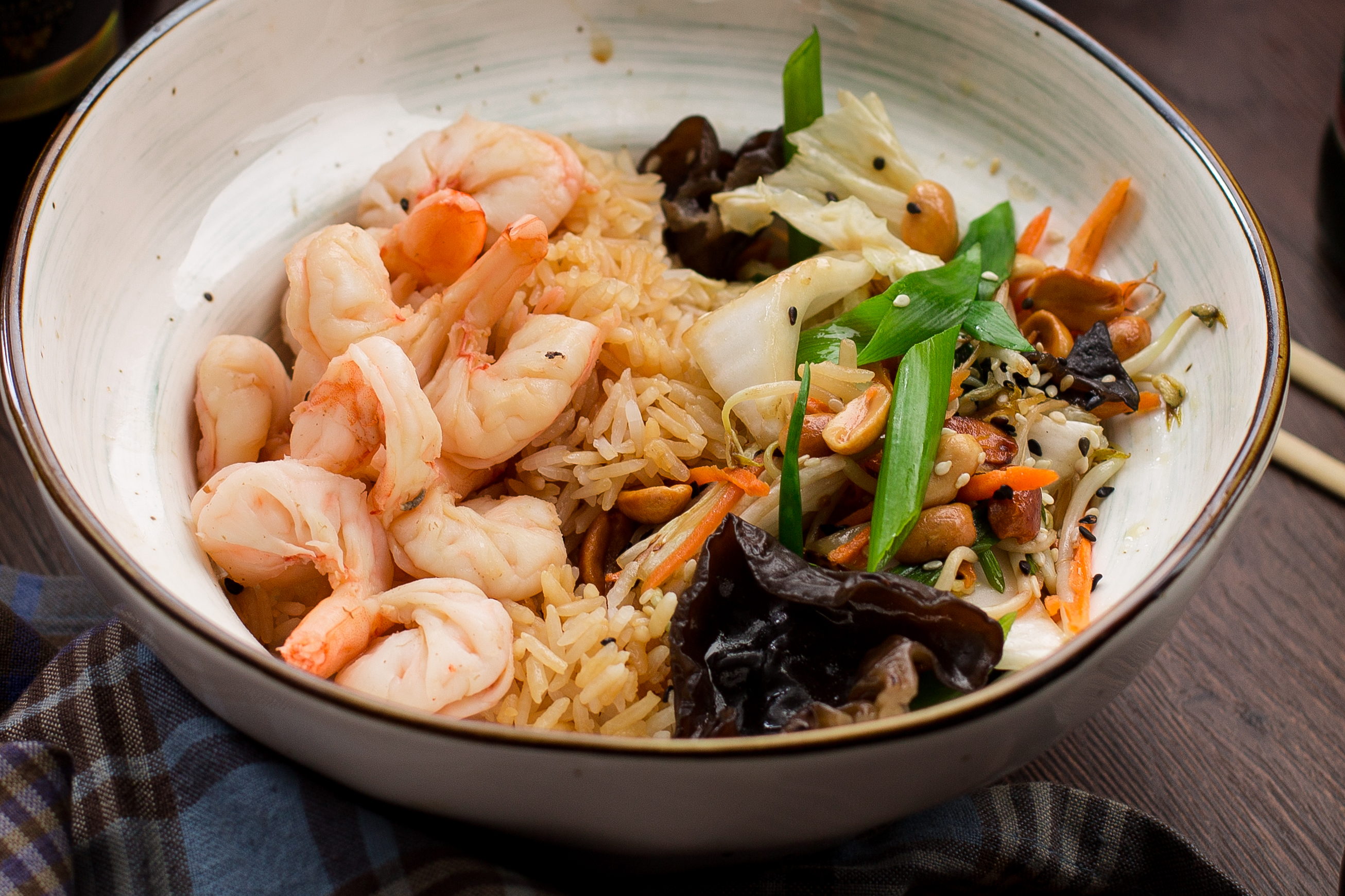
Shellfish, including shrimp, crab, and lobster, are often avoided due to their cholesterol content. However, they are low in saturated fat and contain heart-healthy omega-3 fatty acids. Studies indicate that the cholesterol in shellfish has little effect on blood cholesterol levels for most people. Moreover, shellfish are rich in essential nutrients like selenium, iodine, and vitamin B12, supporting thyroid function and cognitive health. By reevaluating the role of shellfish in our diets, we can enjoy their nutritional benefits without undue concern over cholesterol, aligning with a more holistic view of dietary health.
3. Organ Meats: Nutrient-Dense Powerhouses
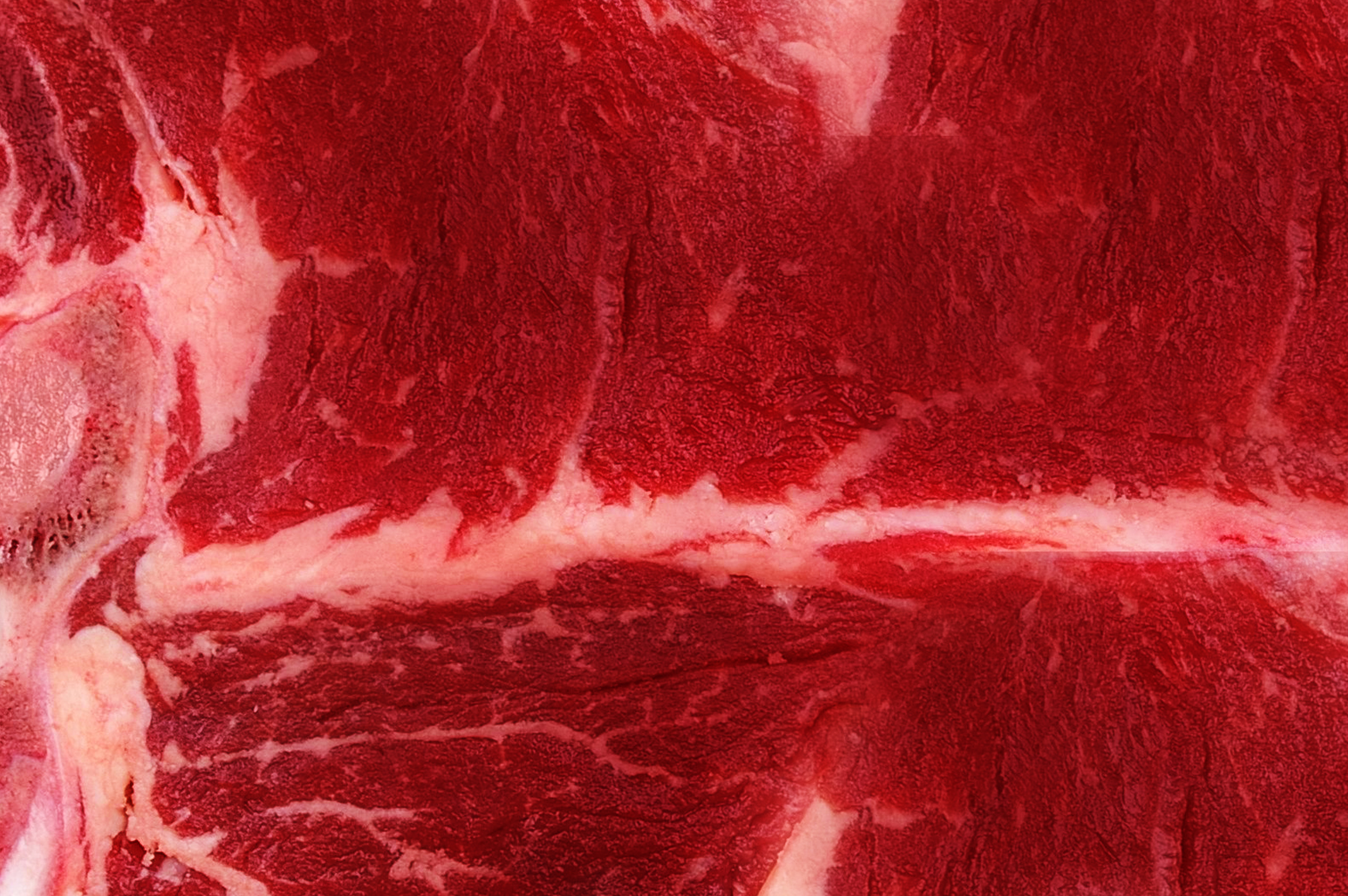
Organ meats, such as liver and kidneys, are nutrient-dense foods often avoided due to their high cholesterol content. Despite this, they are rich in essential vitamins and minerals, including iron, vitamin A, and folate. For those who can tolerate them, organ meats can be a valuable addition to the diet, supporting energy levels and overall health. The key is moderation and balance, as excessive consumption could lead to an increase in cholesterol levels for some individuals. By understanding the nutritional value of organ meats, we can appreciate them as part of a varied and balanced diet.
4. Cheese: A Deliciously Complex Story
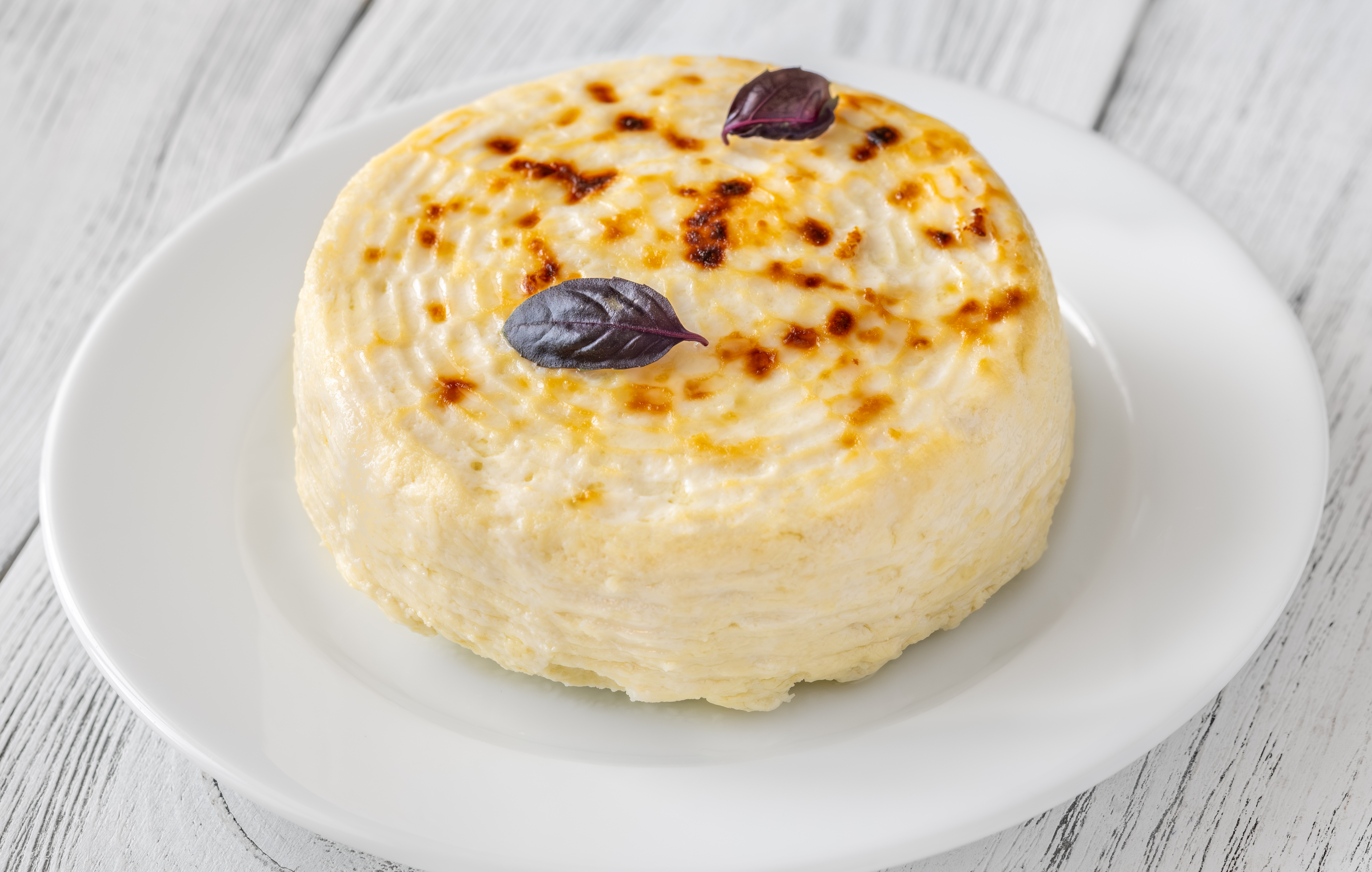
Cheese, a beloved staple in many diets, has been criticized for its cholesterol and saturated fat content. However, research suggests that cheese may not significantly impact heart health when consumed in moderation. Cheese is a source of calcium, protein, and beneficial fatty acids, and some studies indicate that it may even lower the risk of heart disease. The fermentation process involved in cheese production also contributes to gut health, adding another layer of complexity to its nutritional profile. Embracing cheese as part of a balanced diet can enhance culinary enjoyment without compromising health.
5. Red Meat: Beyond the Cholesterol Debate

Red meat, often associated with high cholesterol and heart disease, is a contentious topic in nutrition. While it's true that certain cuts of red meat are high in cholesterol and saturated fat, lean cuts can be part of a healthy diet. Red meat is an excellent source of protein, iron, and vitamin B12, essential for muscle maintenance and energy production. The key is choosing lean cuts and practicing portion control, allowing individuals to enjoy the nutritional benefits of red meat while minimizing potential health risks. This balanced approach reflects a more nuanced understanding of dietary cholesterol.
6. Full-Fat Dairy: The Fatty Paradox
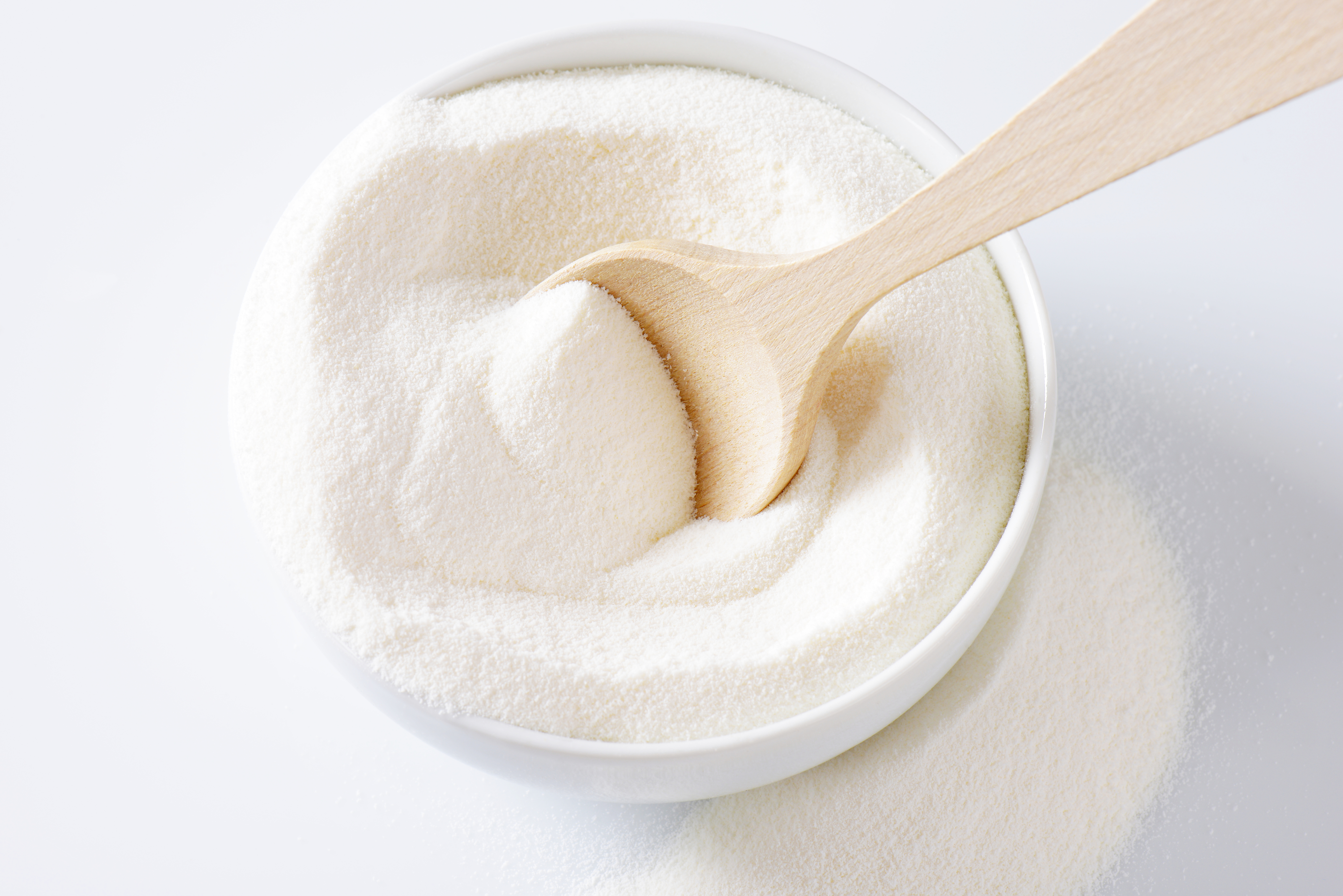
Full-fat dairy products, such as whole milk and yogurt, have been shunned in favor of their low-fat counterparts due to cholesterol concerns. However, emerging research suggests that full-fat dairy may not be as harmful as once thought. These products contain conjugated linoleic acid (CLA), which may have heart-protective properties. Additionally, the fat in full-fat dairy can enhance the absorption of fat-soluble vitamins. While moderation is key, incorporating full-fat dairy into the diet can provide satiety and nutritional benefits, challenging the notion that all dietary fat is detrimental to heart health.
7. Duck and Goose: The Overlooked Poultry

Duck and goose, often perceived as indulgent due to their higher fat content, are rich in flavor and nutrients. While they do contain more cholesterol than chicken or turkey, they also provide healthy monounsaturated fats similar to those found in olive oil. These fats can support heart health by improving cholesterol profiles. Moreover, duck and goose are excellent sources of protein, iron, and zinc. By recognizing the nutritional value of these poultry options, we can enjoy them as part of a diverse and balanced diet, appreciating their role in culinary traditions around the world.
8. Caviar: A Luxurious Nutritional Gem
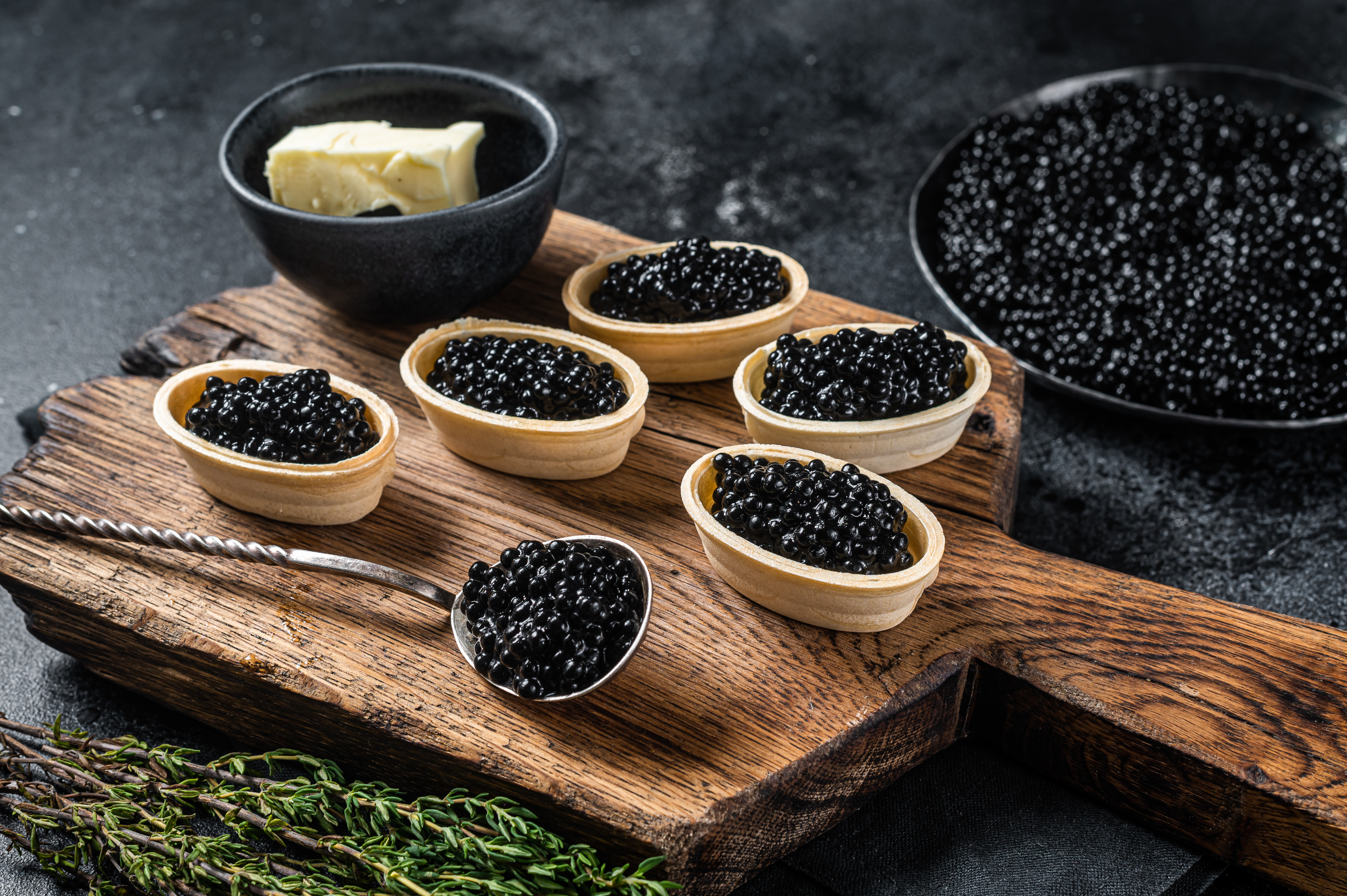
Caviar, the epitome of luxury, is often overlooked for its cholesterol content. Yet, it is packed with nutrients, including omega-3 fatty acids, vitamin B12, and selenium. These nutrients support heart health, brain function, and immune system strength. The omega-3 fatty acids in caviar can help reduce inflammation and improve cholesterol levels, offering protective benefits against heart disease. While caviar should be consumed in moderation due to its high salt content, it can be enjoyed as a nutritious delicacy, illustrating that even the most indulgent foods can have a place in a healthy diet.
9. Squid: A Surprising Source of Good Fats

Squid, a popular seafood choice, is often shunned due to its cholesterol content. However, it is low in calories and saturated fat, and high in protein and essential nutrients like vitamin B12 and phosphorus. Squid also contains omega-3 fatty acids, which are beneficial for heart health. Studies suggest that the cholesterol in squid has a minimal impact on blood cholesterol levels for most people. By incorporating squid into our diets, we can enjoy its unique flavor and nutritional benefits, challenging the perception that all high-cholesterol foods are detrimental to health.
10. Sardines and Anchovies: The Omega-3 Powerhouses

Sardines and anchovies, though small, are nutritional powerhouses that are often overlooked due to their high cholesterol content. Despite their cholesterol, these fatty fish are incredibly rich in omega-3 fatty acids, which are renowned for their ability to lower triglycerides, reduce inflammation, and improve overall heart health. The benefits of their omega-3 content far outweigh the impact of their cholesterol. Additionally, they are a great source of calcium and vitamin D, crucial for bone health. By embracing these small fish, you gain big nutritional benefits, proving that size doesn't matter when it comes to healthy eating.
11. Grass-Fed Butter: The Saturated Fat Story

Butter, a staple in many kitchens, has long been demonized for its saturated fat and cholesterol content. However, emerging research suggests that butter, particularly grass-fed butter, may not be the villain it was once perceived to be. Grass-fed butter is rich in conjugated linoleic acid (CLA), a healthy fat that may help reduce body fat and improve cardiovascular health. It also contains butyrate, a short-chain fatty acid that supports gut health. When consumed in moderation, butter can be part of a healthy diet, offering a delicious alternative to processed oils and margarines.
12. Full-Fat Greek Yogurt: A Probiotic-Rich Paradox
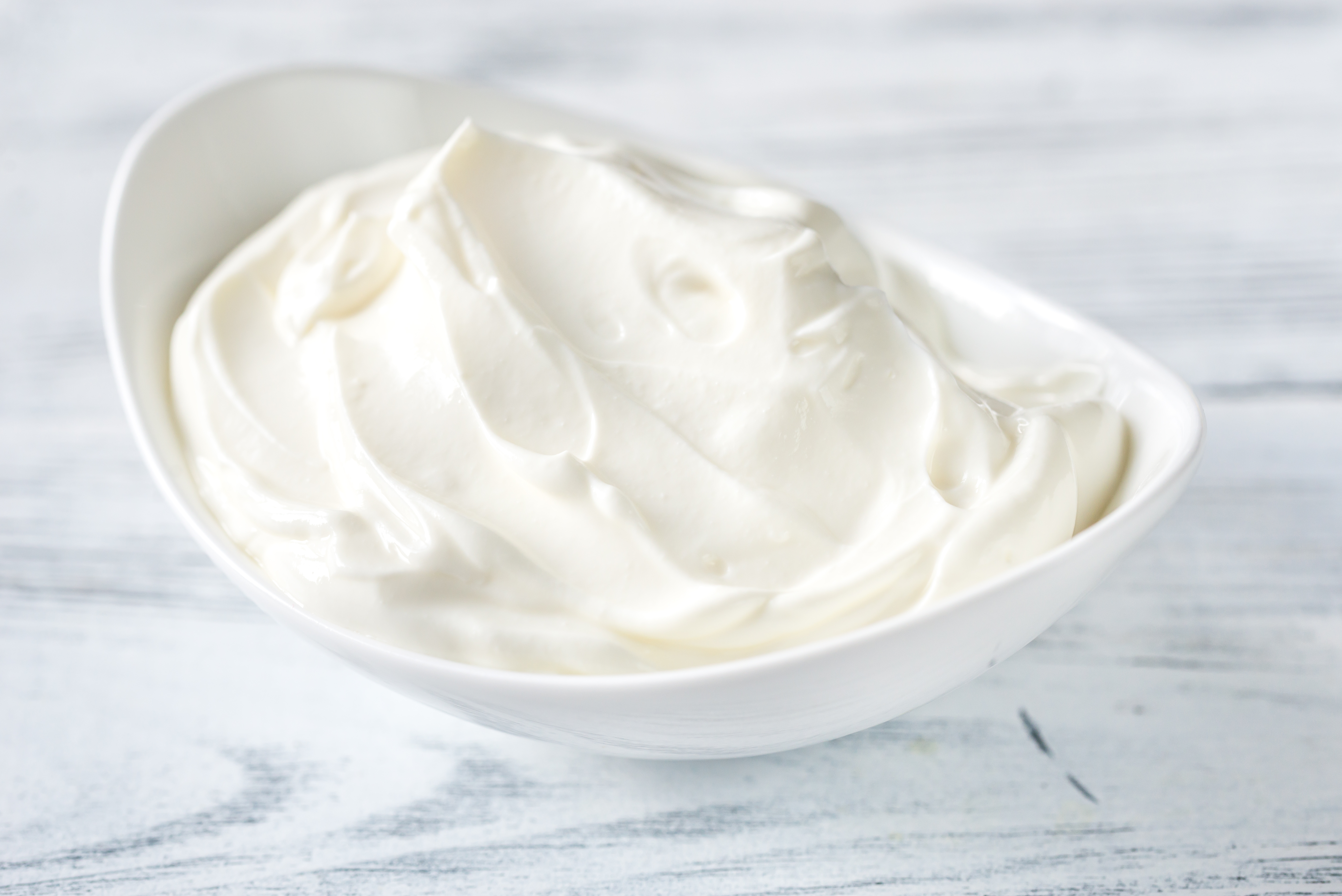
Full-fat Greek yogurt, with its creamy texture and tangy flavor, is a delicious addition to any diet. While it contains cholesterol and saturated fat, it is also a rich source of protein and probiotics, which support gut health and aid in digestion. Studies suggest that the fermentation process in yogurt may alter its fat content, making it less harmful to cardiovascular health than other full-fat dairy products. When consumed in moderation, full-fat Greek yogurt can be part of a heart-healthy diet, offering a satisfying and nutritious alternative to low-fat options that often contain added sugars.
13. Pâté: A Savory, Nutrient-Dense Delicacy
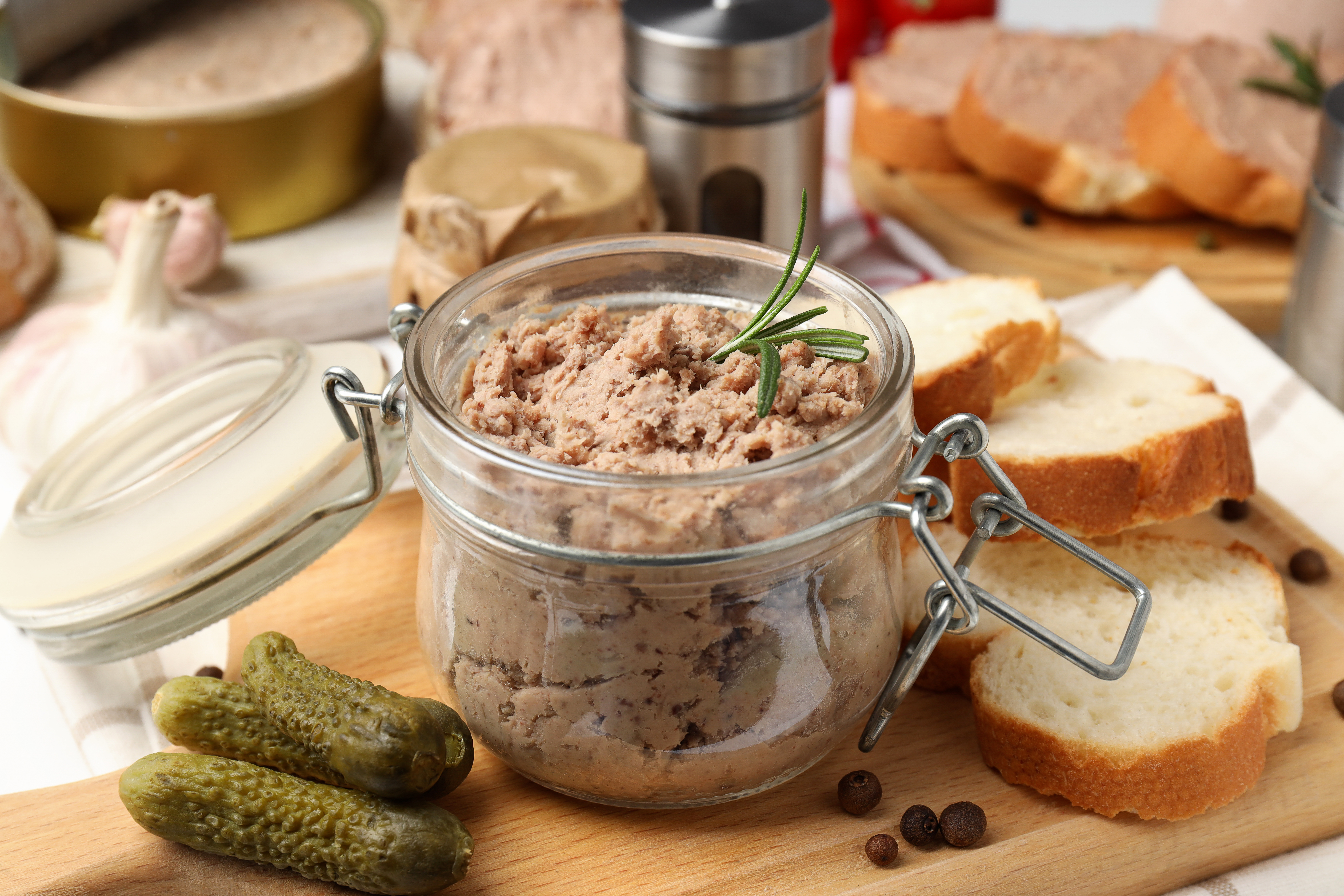
Pâté, a savory paste made from organ meats, is often avoided due to its high cholesterol content. However, it is a nutrient-dense food that provides a wealth of health benefits. Pâté is rich in iron, vitamin A, and B vitamins, supporting energy production and overall health. The organ meats used in pâté are a source of high-quality protein and essential minerals that are crucial for muscle maintenance and immune function. By embracing pâté in moderation, we can appreciate it as a valuable source of nutrients, challenging the perception that all high-cholesterol foods are detrimental to health.
14. Tuna: The Canned Cholesterol Contender
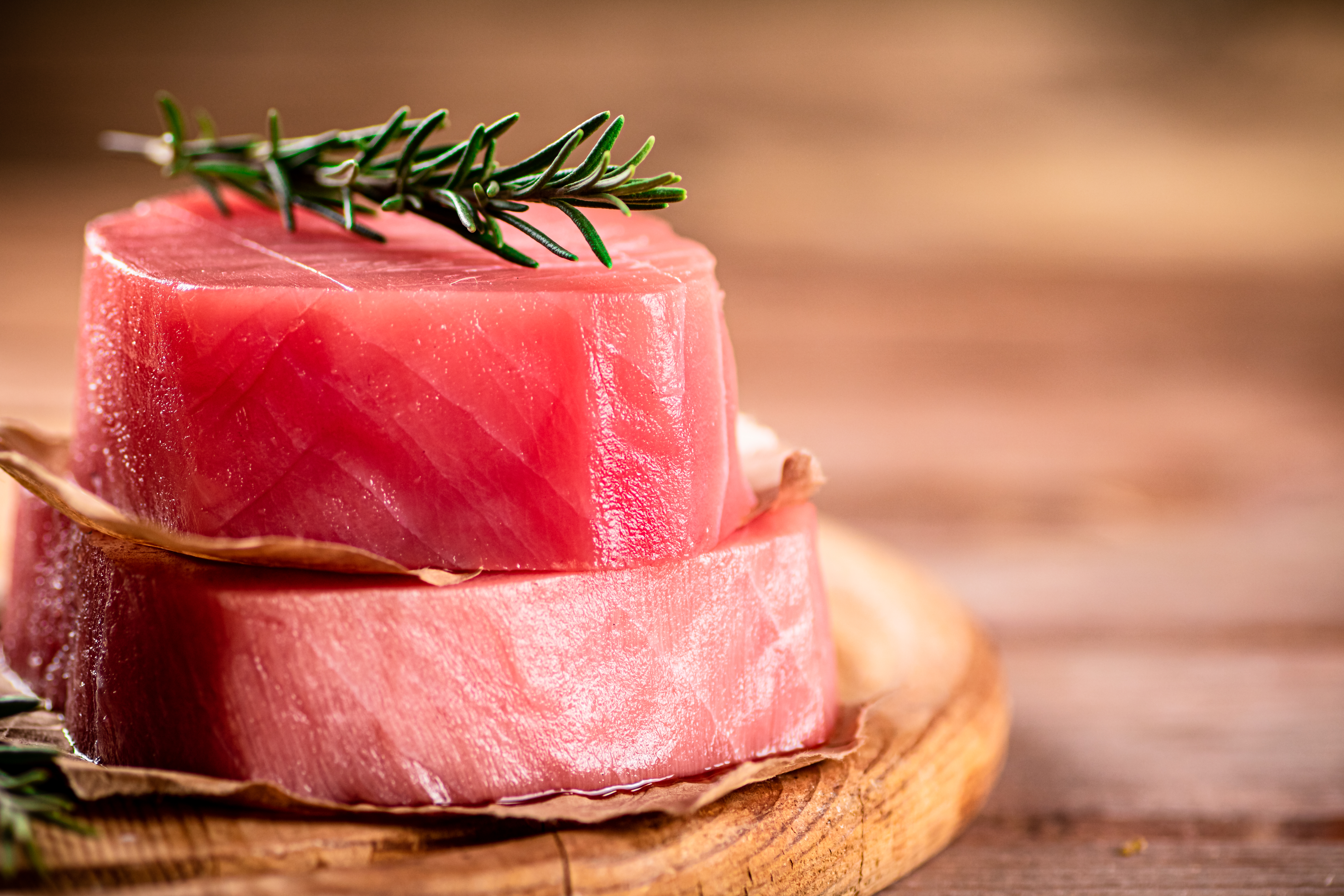
Canned tuna is a convenient and affordable source of protein and omega-3 fatty acids. While it does contain cholesterol, its low saturated fat content and high levels of omega-3s make it a heart-healthy choice. The omega-3s in tuna can help lower triglycerides, reduce inflammation, and improve overall heart health. When consumed in moderation, canned tuna can be a valuable addition to a balanced diet, offering a delicious and nutritious alternative to processed meats. By understanding the nutritional value of tuna, we can appreciate its role in supporting cardiovascular health without undue concern over its cholesterol content.
15. Beef Jerky: The Misunderstood Lean Protein

Beef jerky is often perceived as a processed, salty snack with little nutritional value, but it can be a surprisingly heart-friendly food. While it does contain cholesterol, it’s a low-fat, high-protein snack that can be made from lean cuts of beef. Unlike a steak, jerky is a convenient, on-the-go source of protein, zinc, and iron. When choosing a brand, look for options that are low in sodium and made with minimal added sugar or preservatives. By making smart choices, you can enjoy beef jerky as a satisfying way to get a quick protein boost without compromising your cardiovascular health.
16. Pork: A Surprising Source of Heart-Healthy Fats

Pork has long been associated with high fat and cholesterol, but recent farming and dietary changes have made certain cuts a surprisingly heart-friendly option. Cuts like pork tenderloin and sirloin roast are as lean as a boneless, skinless chicken breast. While these cuts do contain cholesterol, they also offer a wealth of nutrients, including B vitamins, zinc, and selenium. Additionally, pork contains beneficial monounsaturated fats, similar to those found in olive oil. By choosing leaner cuts and preparing them with heart-healthy cooking methods like baking or grilling, you can enjoy pork as part of a balanced diet.
17. The Surprising Role of Lard
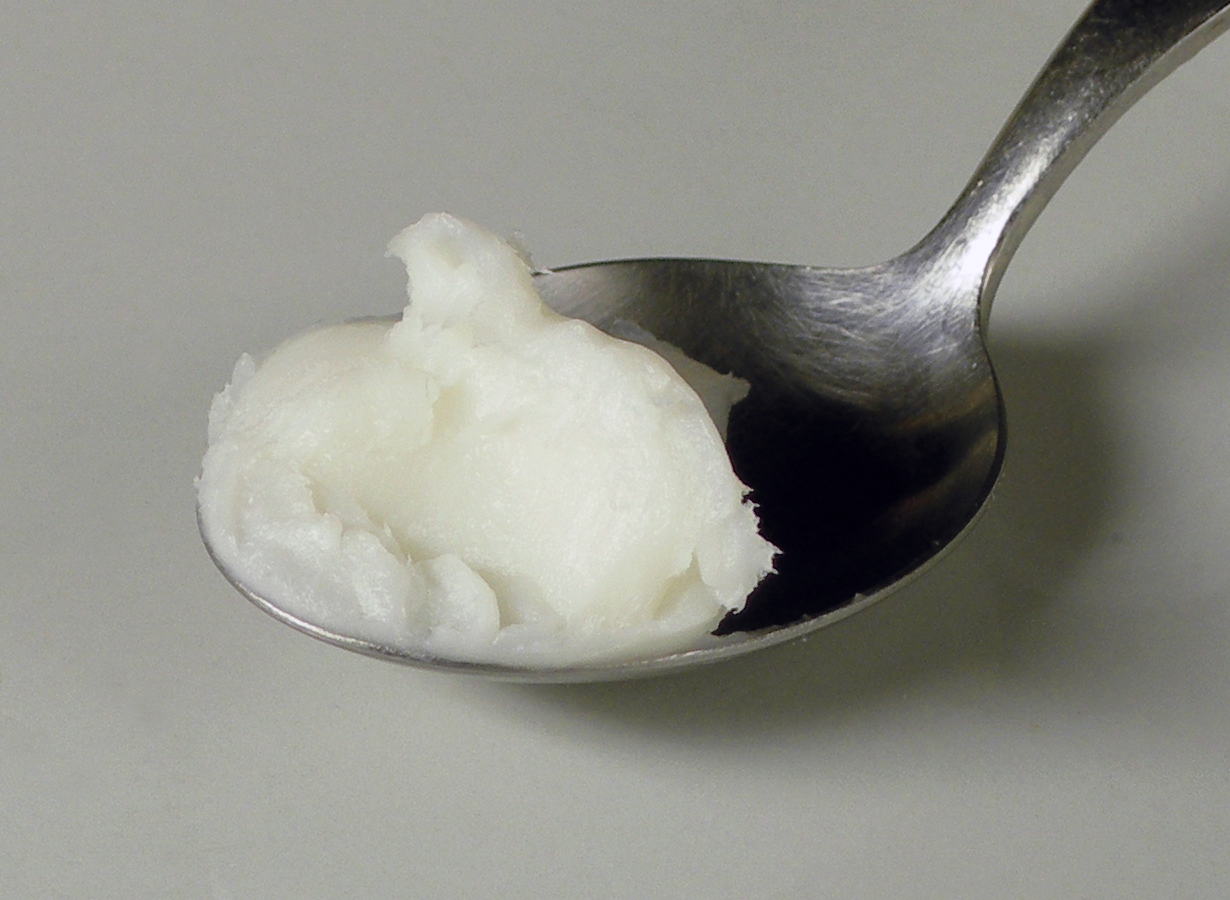
Lard, once a staple of home cooking, has been vilified for decades. However, its reputation is slowly being rehabilitated. Unlike highly processed vegetable oils, lard is a natural fat. Lard from pasture-raised pigs is rich in monounsaturated fats and contains cholesterol, but it is free of the trans fats found in many processed margarines and vegetable shortenings. Its high smoke point makes it ideal for cooking and frying. When used in moderation, it can be a part of a healthy diet, offering a delicious and natural alternative to processed oils.
18. Ice Cream: A Case for Moderation

Ice cream, the beloved dessert, is a source of dairy, sugar, and fat—all of which have given it a bad reputation for heart health. However, a small serving of ice cream can be part of a healthy diet. It’s a good source of calcium and some vitamins. The key is moderation. Instead of a large bowl, a small serving or a low-fat option can satisfy a sweet craving. When you do have it, consider choosing a quality ice cream with a simple ingredient list. By enjoying it in moderation, you can satisfy your cravings without compromising your health goals.
19. Duck Eggs: A Nutrient-Dense Alternative

Duck eggs, while not a common sight in most grocery stores, are a popular alternative to chicken eggs. They contain more cholesterol than chicken eggs, but they are also packed with more vitamins and minerals, including vitamin B12, vitamin D, and choline. Duck eggs also have a higher protein and fat content, making them more nutrient-dense and satisfying. For most healthy people, the cholesterol in duck eggs has little effect on blood cholesterol levels. Embracing duck eggs as a part of a balanced diet can provide a delicious and nutritious alternative to traditional eggs.
20. Bone Marrow: The Savory Source of Healthy Fats

While typically seen as an indulgent delicacy, bone marrow is a nutrient-dense food that's gaining popularity in the health world. It's incredibly high in fat and cholesterol, but its fats are primarily healthy monounsaturated fats, similar to those found in olive oil. These fats support heart health and reduce inflammation. Bone marrow is also a rich source of collagen, which is vital for joint and skin health. When enjoyed in moderation, either roasted or in a savory broth, it can be a part of a balanced diet, offering a rich flavor and a host of valuable nutrients.
21. Ghee: The Clarified Butter Contender

Often mistaken for regular butter, ghee is a form of clarified butter that’s been a staple in traditional cooking for centuries. While it's a source of cholesterol, its unique properties set it apart. Ghee is free of lactose and casein, making it easier to digest for many people. It contains a high concentration of butyric acid, a short-chain fatty acid that supports gut health. Its high smoke point makes it a stable, healthy fat for cooking, offering a rich, nutty flavor that can replace processed vegetable oils. Ghee's role in a healthy diet is a great example of how food preparation can change a food's reputation.
22. Abalone: A Luxurious Shellfish with a Secret

Abalone, a highly prized mollusk, is often avoided by those concerned with its high cholesterol. However, much like shrimp, the cholesterol it contains has little impact on blood cholesterol for most people. Abalone is an excellent source of protein, iodine, and omega-3s. It also contains unique nutrients like taurine, an amino acid that supports nerve function and cardiovascular health. When consumed in moderation, this unique seafood can be a valuable source of beneficial nutrients, proving that even a luxurious delicacy can have a place in a heart-healthy diet.
23. Fish Roe: Beyond the Caviar
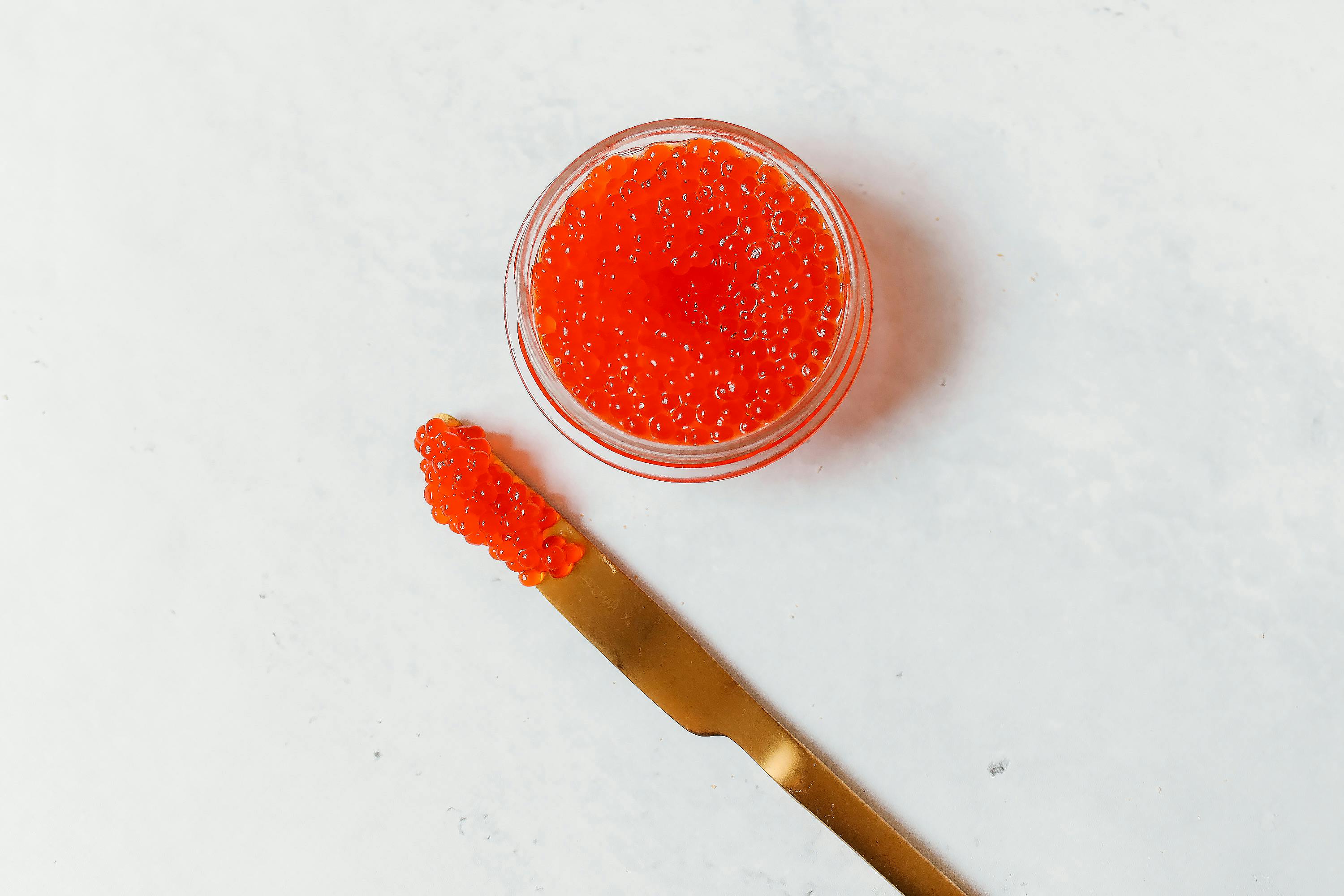
Fish roe, or fish eggs, come in many varieties beyond just expensive caviar, such as salmon roe (ikura) or flying fish roe (tobiko). While they are a very concentrated source of cholesterol, they are also an incredible source of omega-3 fatty acids, which are crucial for reducing inflammation and supporting heart and brain health. They are also packed with choline and vitamin B12. A small, occasional serving of fish roe can provide a powerful nutritional punch, illustrating how the presence of other beneficial nutrients can outweigh a food's cholesterol content.
24. The Surprising Case of Cocoa Butter

While often associated with chocolate's indulgent side, cocoa butter is a fat that's been unfairly grouped with other high-cholesterol culprits. Unlike many saturated fats, the primary saturated fatty acid in cocoa butter is stearic acid, which research has shown has a neutral effect on blood cholesterol levels, meaning it doesn't raise bad LDL cholesterol. Moreover, cocoa butter contains powerful antioxidants and beneficial polyphenols. When consumed in its purest form, such as in high-quality dark chocolate (over 70% cocoa), cocoa butter can be part of a heart-healthy diet, offering flavor and health benefits without the negative cholesterol impact of other fats.
25. The Power of Porridge: Oats and Bile
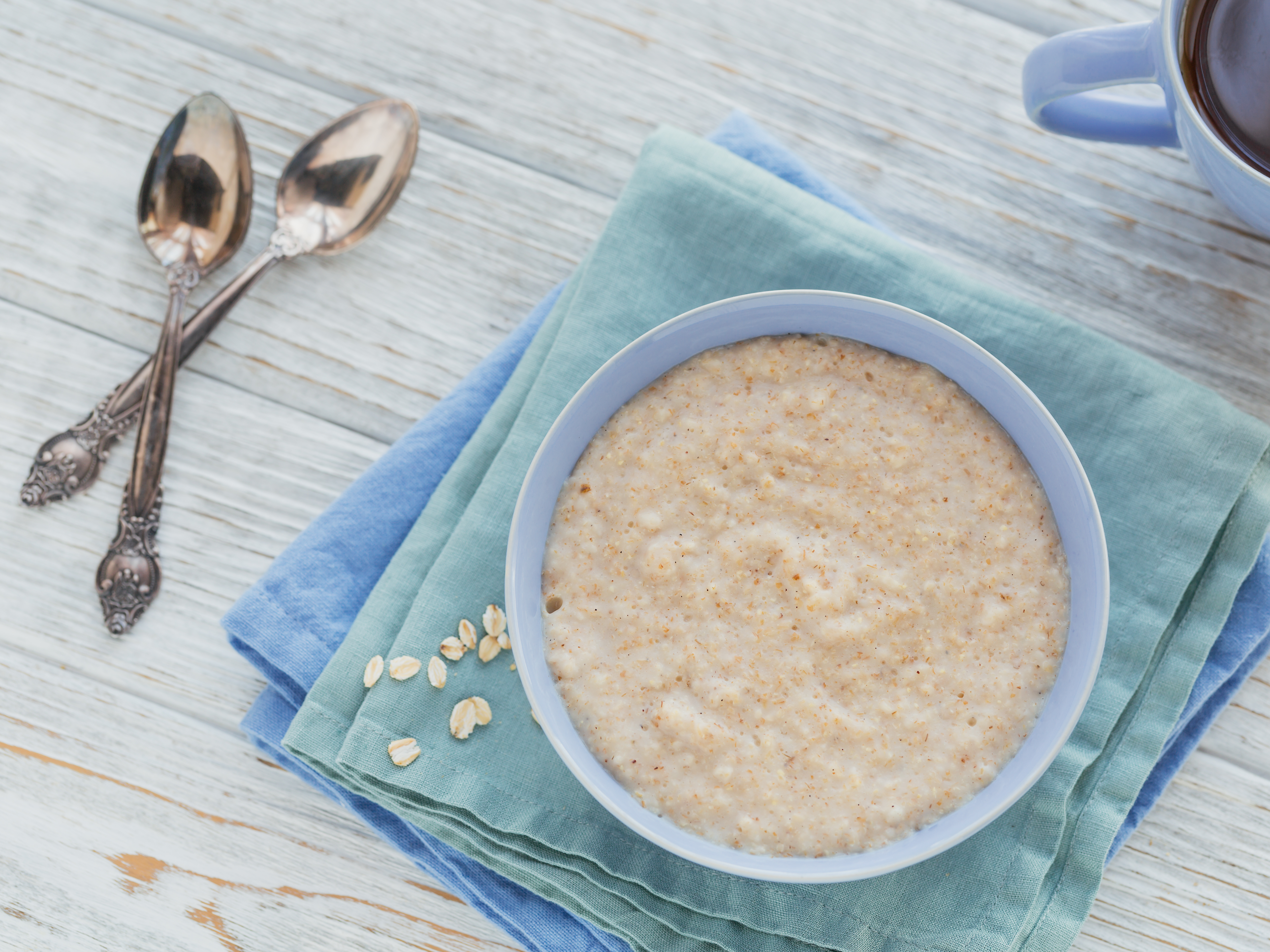
It might seem counterintuitive, but oats—a food with virtually no cholesterol—are a powerful tool for managing cholesterol levels. The article focuses on high-cholesterol foods, but it's important to understand how dietary habits as a whole impact the body. Oats are rich in a soluble fiber called beta-glucan. When consumed, this fiber forms a gel-like substance in the digestive tract that binds with bile acids, which are made from cholesterol. By binding to these acids, the body can't reabsorb them, forcing the liver to pull more cholesterol from the bloodstream to make new bile. This process effectively lowers LDL ("bad") cholesterol.
26. The Surprising Health Benefits of Pork Rinds

Pork rinds, a crunchy snack with a reputation for being unhealthy, are surprisingly misunderstood. They are high in cholesterol and fat, but they are also a pure source of protein and contain no carbohydrates. Their fatty acid profile is also more favorable than many people assume, containing monounsaturated and polyunsaturated fats. The protein in pork rinds is largely collagen, which is excellent for joint health. When enjoyed in moderation and without excessive added sodium or other unhealthy ingredients, pork rinds can be a satisfying, keto-friendly snack that offers a surprising amount of protein without the carb load of chips.
27. Beyond Red Meat: The Case for Bison

Bison, a cousin to beef, is an excellent example of a high-cholesterol food that's a nutritional powerhouse. While it contains cholesterol, bison is significantly leaner than most cuts of beef, with less saturated fat and calories. It's also an exceptional source of protein, iron, and B vitamins. The lean nature of bison means it can be a healthier alternative to red meat for those looking to reduce their saturated fat intake while still getting a complete protein. By choosing bison, you can enjoy a flavorful, nutrient-dense meat without the associated health concerns of fattier cuts of beef.
28. The Role of Fiber in Cholesterol Absorption
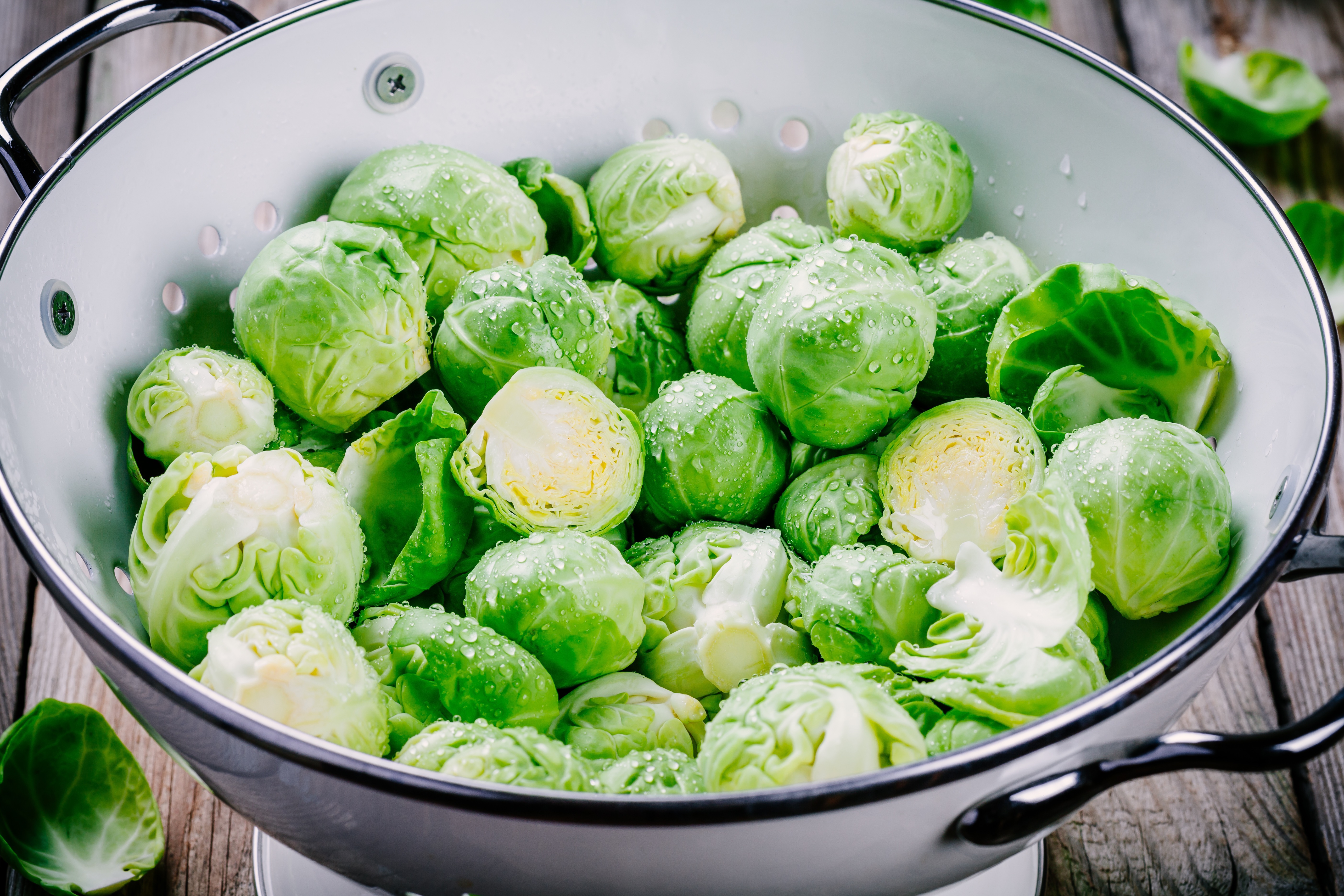
I's crucial to understand how fiber-rich foods can help mitigate the impact of dietary cholesterol. Fiber, particularly soluble fiber, acts like a sponge in your digestive system. It binds to cholesterol and prevents it from being absorbed into your bloodstream. Foods like beans, lentils, Brussels sprouts, and avocados are not only cholesterol-free but are also excellent sources of fiber. Pairing these foods with cholesterol-rich items helps create a balanced meal that supports heart health by actively reducing the absorption of cholesterol.
29. Cod Liver Oil: A Classic Case of Misunderstanding

Cod liver oil is a perfect example of a food that’s high in cholesterol but widely praised for its health benefits. The oil, extracted from the liver of the cod, is a concentrated source of dietary cholesterol but is also one of the best natural sources of heart-healthy omega-3 fatty acids. Additionally, it contains significant amounts of vitamins A and D, which are vital for immune function and bone health. While its reputation is strong, it's a great illustration of how the overall nutrient profile of a food is far more important than a single metric.
30. Grass-Fed Beef Liver: The Ultimate Nutrient Powerhouse
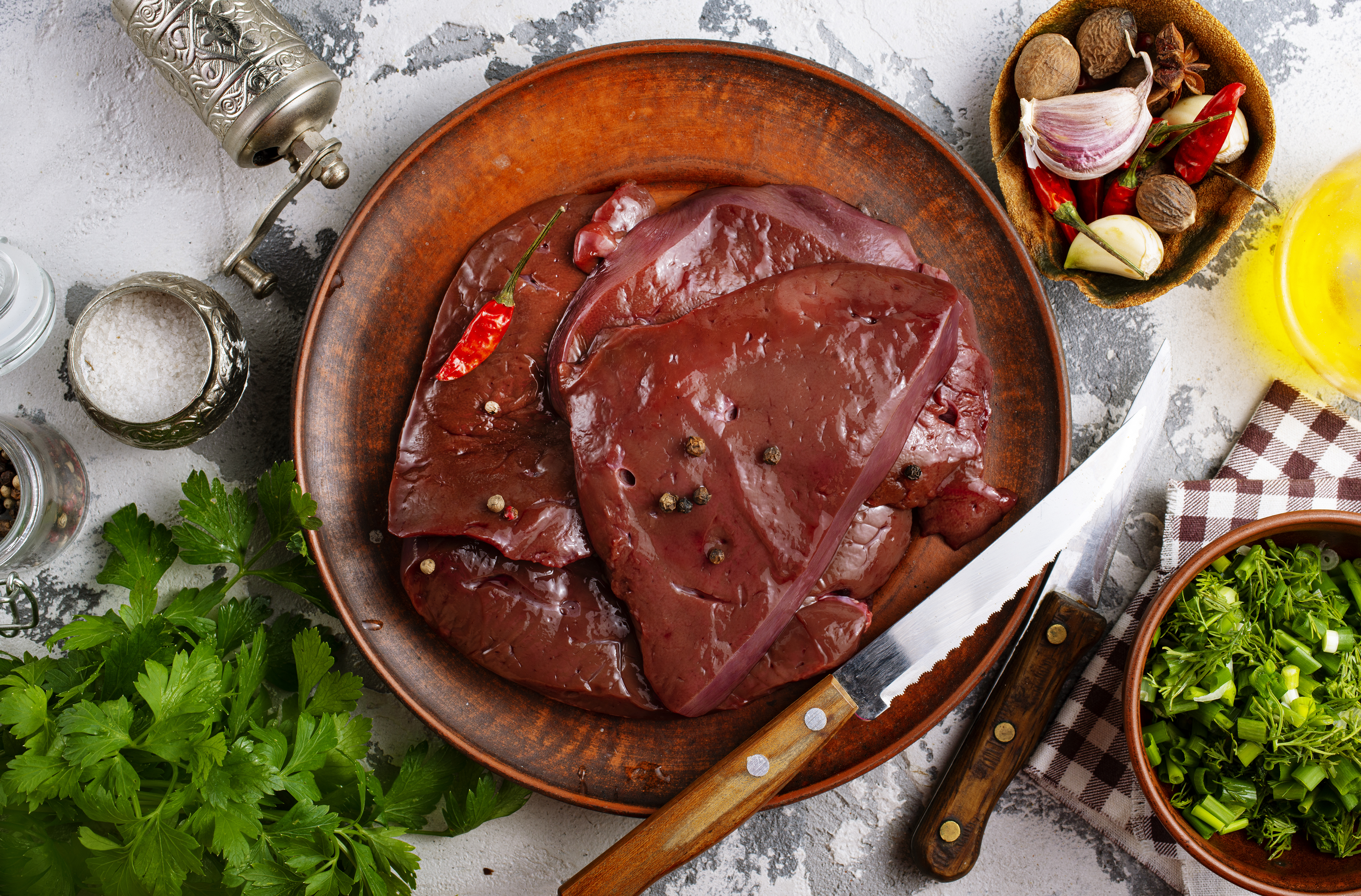
While organ meats are on your list, grass-fed beef liver deserves its own spotlight. It's often vilified for its cholesterol, but it's arguably one of the most nutrient-dense foods on the planet. Liver is a concentrated source of essential vitamins and minerals that are hard to find elsewhere, including bioavailable iron, vitamin A, and folate. These nutrients are crucial for supporting energy production, a healthy immune system, and proper cell function. When consumed in moderation, liver's powerful nutritional profile far outweighs concerns about its cholesterol content, making it a true superfood.
31. Oysters: A Mineral-Rich Aphrodisiac

Oysters are a type of shellfish you haven't mentioned. While they contain cholesterol, they are also incredibly rich in beneficial nutrients. These bivalve mollusks are a fantastic source of zinc, which is vital for immune function and testosterone production, and vitamin B12, which is crucial for nerve health. Oysters also contain taurine, an amino acid that can help lower blood pressure. Enjoying them raw on the half-shell or lightly steamed allows you to fully appreciate their delicate flavor and unique nutritional benefits without the negative stigma of their cholesterol content.
32. Lamb: The Heart-Healthy Red Meat

Lamb is a red meat that's often unfairly lumped in with beef and pork. While it does contain cholesterol, certain cuts like the loin and leg are surprisingly lean and contain a higher ratio of healthy fats. Lamb from pasture-raised animals is a fantastic source of omega-3 fatty acids, similar to what's found in fish. It's also packed with zinc, selenium, and vitamin B12. By choosing lean cuts and grilling or roasting them, you can enjoy a flavorful and nutrient-rich red meat that defies its reputation and supports overall health.
33. Bone Broth: The Collagen-Rich Elixir
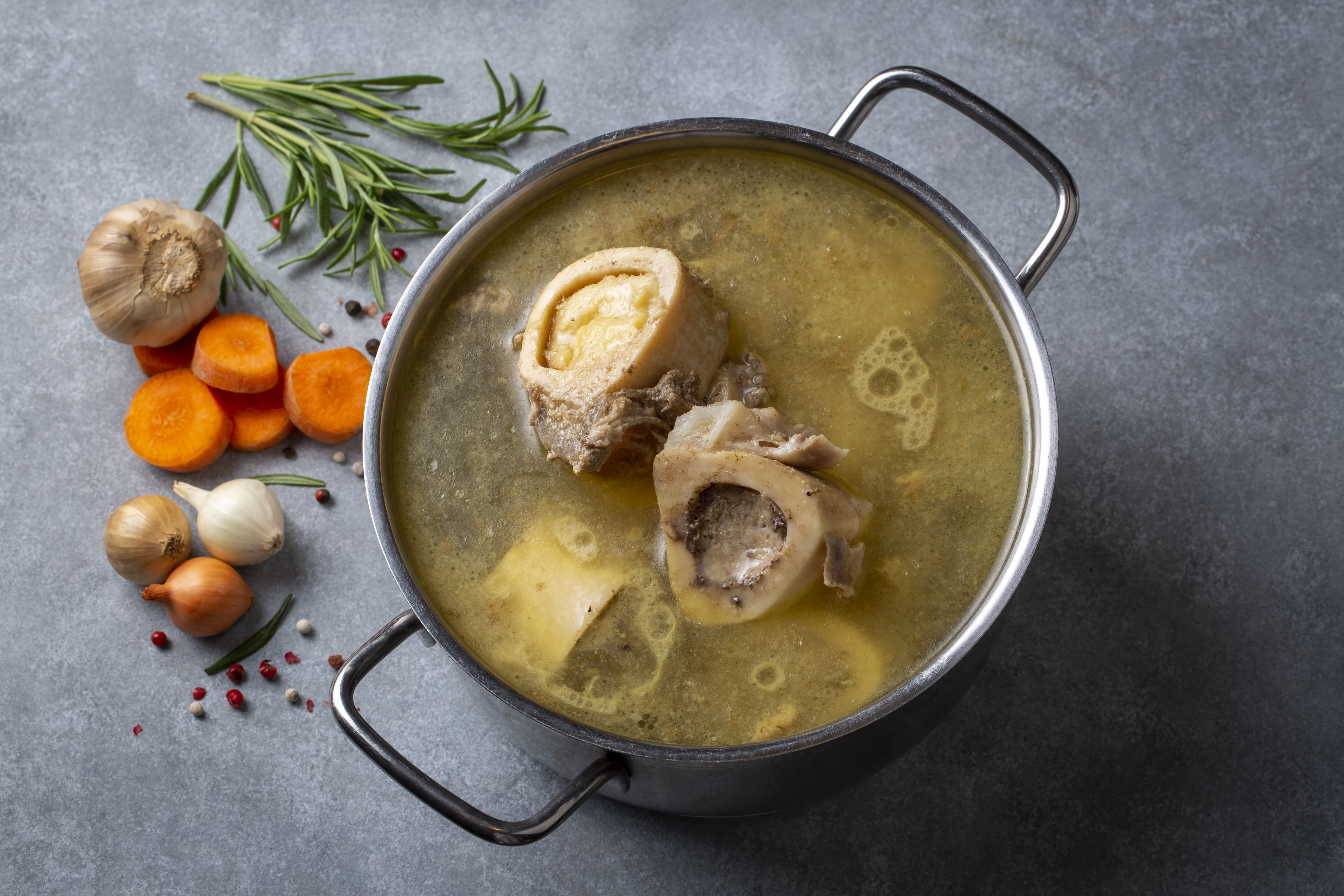
Bone broth is a savory liquid made by simmering bones and connective tissues. It contains cholesterol, but its primary health benefits are rooted in its high concentration of collagen and gelatin. These proteins are excellent for joint health, skin elasticity, and gut health. Bone broth is also a good source of minerals like calcium, magnesium, and phosphorus. The cholesterol it contains is not a concern, as its overall nutritional profile supports a healthy body from the inside out. Enjoying a warm cup of bone broth is a simple and delicious way to nourish your body.
34. Duck Fat: The Flavorful and Healthy Cooking Oil

Duck fat deserves its own entry. This highly flavorful cooking oil is rich in monounsaturated fats, the same healthy fats found in olive oil. Duck fat is a stable cooking oil with a high smoke point, making it a superior choice to many processed vegetable oils that can become unstable when heated. Despite its cholesterol content, its saturated fatty acid profile is more favorable than butter, and it contains no trans fats. Using it in moderation can add a rich, savory flavor to roasted vegetables or potatoes while providing a heart-healthy alternative to many common cooking fats.
35. Wild Salmon Roe: The Orange Jewel of the Sea

Wild salmon roe (ikura) deserves its own spotlight. It's an explosive, jewel-like food that's a true nutritional powerhouse, far more than just a fancy sushi topping. While it's exceptionally high in cholesterol, the benefits are immense. It's one of the most concentrated sources of the omega-3 fatty acids EPA and DHA, which are crucial for reducing inflammation, supporting brain function, and lowering triglycerides. It's also packed with astaxanthin, a powerful antioxidant that gives it its vibrant orange hue and protects cells from damage. The high concentration of these heart-healthy fats and antioxidants completely offsets the cholesterol content, making it a powerful, health-promoting food.
36. Mackerel: The Oily Fish You're Missing

While sardines and anchovies are great, mackerel is another often-overlooked oily fish that's a nutritional titan. It contains cholesterol, but its high fat content is almost entirely the good stuff: omega-3 fatty acids. Mackerel is one of the top sources of these heart-protective fats, which can help lower blood pressure and improve overall cardiovascular health. It's also an excellent source of protein, vitamin B12, and selenium. Its strong flavor and firm texture make it a versatile ingredient, perfect for grilling, smoking, or adding to salads. By incorporating this flavorful fish into your diet, you're not just adding a tasty meal, you're giving your body a major boost of beneficial fats and nutrients.
37. Grass-Fed Tallow: The Restored Traditional Fat

Grass-fed beef tallow is a cholesterol-containing fat with a similar story of undeserved vilification. Rendered from beef fat, tallow from grass-fed cattle is rich in conjugated linoleic acid (CLA), a potent fatty acid that's been shown to help with weight management and reduce the risk of heart disease. It's also a great source of oleic acid, the same heart-healthy monounsaturated fat found in olive oil. With its high smoke point, it's a stable and traditional cooking fat that can add incredible flavor to roasted vegetables and savory dishes without the inflammatory properties of many processed vegetable oils. Using tallow is a flavorful way to embrace a nose-to-tail philosophy.
38. Shrimp Paste: The Fermented Umami Bomb

Shrimp paste, a pungent and flavorful fermented ingredient used extensively in Southeast Asian cuisine, is a unique addition. While its high cholesterol content might deter some, it's used in such small quantities that its impact is minimal. The true value lies in its rich umami flavor and its fermentation process. Fermented foods are great for gut health, and this paste delivers a powerful, savory punch that can transform a dish. It’s also a good source of protein, and some argue the fermentation process may enhance nutrient bioavailability. Thinking about shrimp paste challenges the idea that a high-cholesterol food must be consumed in large portions to be beneficial.
39. Chicken Skin: A Crispy, Collagen-Rich Delicacy

Chicken skin, often discarded due to its fat and cholesterol content, is surprisingly not the enemy it's made out to be. While it's high in fat, it's primarily composed of monounsaturated and polyunsaturated fats, similar to those found in avocados and nuts. It's also a fantastic source of collagen, a protein that's vital for skin, hair, and joint health. The crispy skin of a roasted chicken provides flavor and texture, and it can be a source of satiety, helping you feel full and potentially reducing overall caloric intake. Rather than fearing it, enjoying chicken skin in moderation can be a delicious way to consume healthy fats and beneficial collagen.
40. Prawns: A Sweet Seafood Sensation

Often grouped with other shellfish, prawns deserve their own entry for their unique nutritional profile. While they contain a notable amount of cholesterol, they are extremely low in saturated fat, which is the type of fat that most directly influences blood cholesterol levels. Prawns are a lean protein source, rich in essential nutrients like selenium, which supports thyroid function and acts as a powerful antioxidant, and astaxanthin, a carotenoid that has been shown to reduce inflammation. Enjoying prawns grilled or steamed is a delicious way to benefit from their nutrient-dense, low-saturated-fat content.
41. Veal: The Lean Red Meat

Veal is surprisingly low in fat and cholesterol compared to other red meats, while still being packed with high-quality protein, iron, and B vitamins. Veal is particularly rich in zinc and selenium, two minerals crucial for immune function and overall health. When sourced responsibly, veal can be a part of a heart-healthy diet, offering a delicious and nutrient-dense alternative for those who enjoy red meat but want to minimize fat intake.
42. Foie Gras: A Rich Source of Healthy Fats

This luxurious delicacy, often maligned for its high fat and cholesterol content, is surprisingly rich in monounsaturated fats, the same kind found in olive oil. These healthy fats can help reduce LDL ("bad") cholesterol while increasing HDL ("good") cholesterol. Foie gras also contains essential fatty acids and iron. While it's certainly not an everyday food, enjoying it in small, deliberate portions can be a part of a balanced diet. Its nutritional profile serves as a perfect example of how a food's overall composition is more important than a single nutrient, challenging the notion that all rich foods are unhealthy.
43. Kidneys: The Cleanse-Supporting Organ Meat

Kidneys contain cholesterol, but they are also exceptionally rich in B vitamins, particularly B12, which is vital for nerve function and red blood cell formation. Kidneys also provide a significant amount of iron, selenium, and zinc. They are also unique for their role in supporting the body's natural detoxification processes, as they are a rich source of antioxidants. Properly prepared, kidneys can be a valuable addition to a nutrient-dense diet.
44. Clams: The Iron-Rich Mollusks
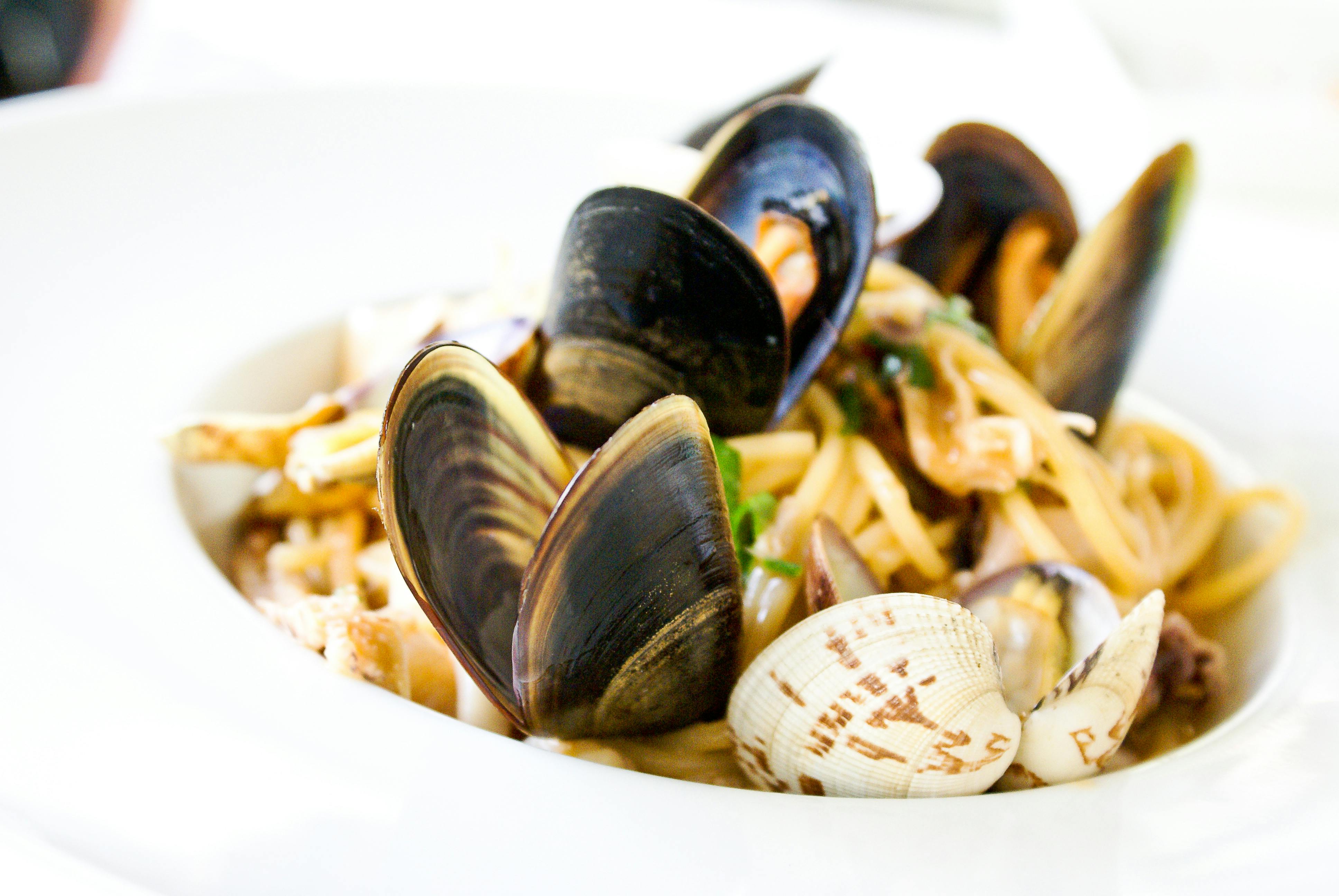
Another mollusk that is often overlooked in the shellfish category is the clam. Despite containing cholesterol, clams are incredibly low in fat and are one of the most concentrated sources of iron and vitamin B12 in the seafood world. Iron is essential for oxygen transport in the blood, and B12 is crucial for nerve health. Clams also contain a variety of other minerals like manganese and phosphorus, which are important for bone health. Enjoying clams in moderation as part of a balanced meal is a great way to boost these vital nutrients.
45. Scallops: The Low-Fat Mollusk

While shellfish are on the list, scallops deserve a special mention. These delicate mollusks are a fantastic source of high-quality protein and are exceptionally low in saturated fat, despite their cholesterol content. They are also rich in magnesium and potassium, two minerals that are crucial for heart health and blood pressure regulation. Scallops are a good source of omega-3 fatty acids, which can help lower triglycerides. By enjoying them seared or grilled in moderation, you can benefit from their lean protein and mineral content without worry, adding a delicious and healthy touch to your meals.
46. Beef Tongue: A Nutrient-Rich Delicacy

Often overlooked, beef tongue is a surprising and incredibly nutrient-dense food. It contains a high amount of cholesterol but is a fantastic source of zinc, iron, and especially vitamin B12, which is vital for nerve function and red blood cell production. Beef tongue also provides a significant dose of high-quality protein and healthy monounsaturated fats. Embracing this part of a nose-to-tail diet in moderation can be a great way to access a variety of nutrients that are often hard to find elsewhere, challenging the common perception that these types of foods are unhealthy.
47. Venison: The Lean, Heart-Friendly Game Meat

As a wild or farm-raised game meat, venison is a unique and nutritious option that is not commonly found in the average diet. It contains cholesterol, but it is exceptionally lean, with less fat and calories than most cuts of beef or pork. Venison is an excellent source of protein, iron, and a variety of B vitamins. Its lean nature and a favorable fatty acid profile make it a heart-friendly alternative to common red meats. By choosing venison, you can enjoy a flavorful and nutrient-rich red meat that defies its reputation and supports overall health.
48. Sausage: The Case for Quality

Sausage is typically viewed as an unhealthy, high-fat food, but not all sausages are created equal. A high-quality sausage made from pasture-raised, whole animals is a fantastic source of protein, healthy fats, and a variety of vitamins and minerals. The cholesterol it contains is balanced by a more favorable fatty acid profile than highly processed alternatives. When consumed in moderation, a responsibly sourced sausage can be a part of a balanced diet, offering a delicious and nutrient-dense way to enjoy a traditional food.
49. Crème fraîche: A Cultured Cream

Crème fraîche, a type of thick, soured cream, contains cholesterol and saturated fat, but its unique properties make it a compelling addition to this list. Unlike many other creams, crème fraîche is fermented, which creates beneficial bacteria and makes it easier to digest for some people. Its fat content also makes it highly stable for cooking and sauces, as it won't curdle when heated. Enjoyed in moderation as a topping for soups, berries, or baked goods, crème fraîche can be a delicious part of a balanced diet.
50. Kefir: The Probiotic Elixir
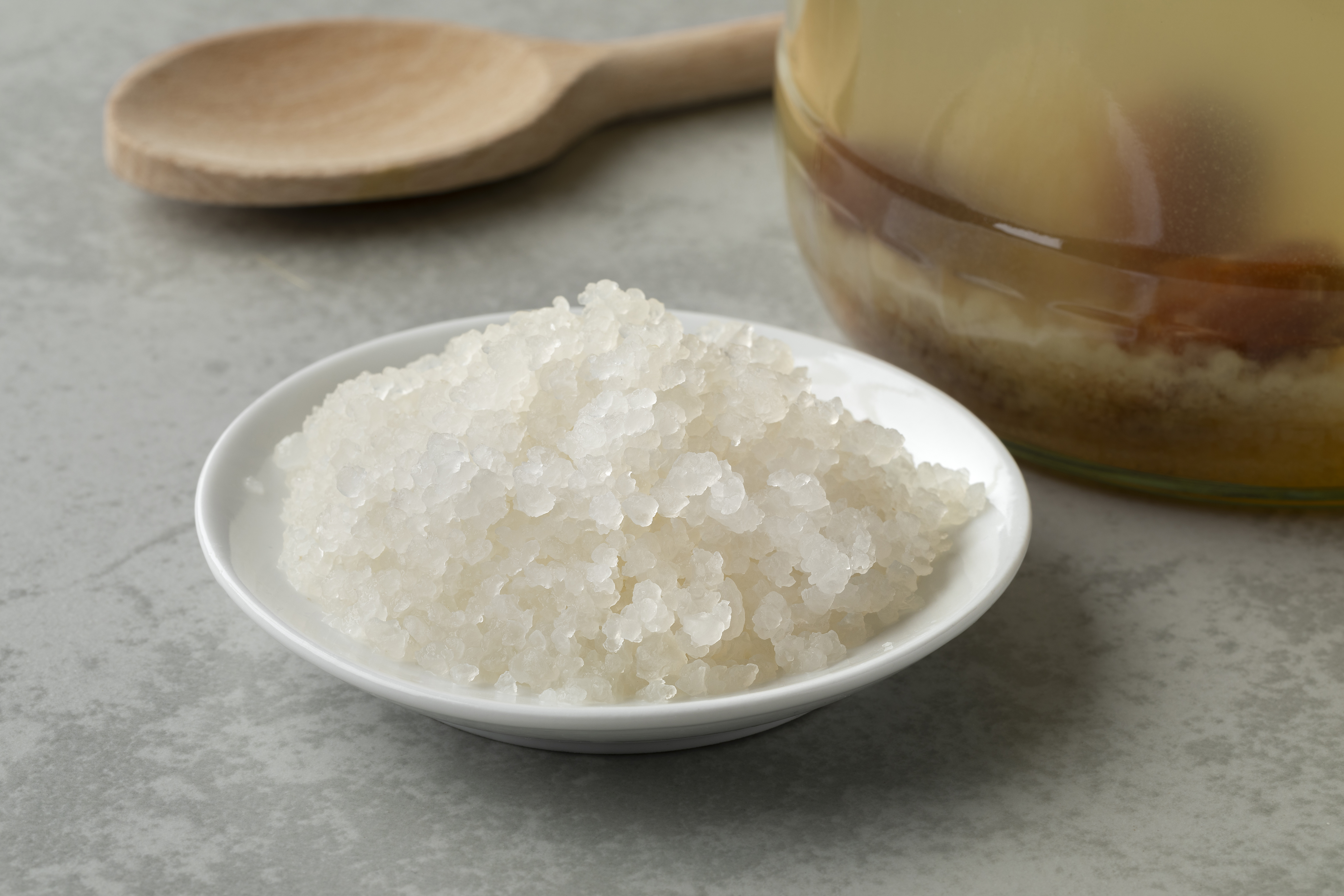
While full-fat yogurt is listed, kefir is a fermented milk drink that deserves its own spotlight. It contains cholesterol and saturated fat, but it's a potent source of diverse probiotics, which significantly support gut health. A healthy gut microbiome plays a crucial role in regulating cholesterol metabolism and reducing inflammation throughout the body. Using full-fat kefir in smoothies or enjoying a glass in moderation provides a creamy texture, protein, and a superior diversity of beneficial bacteria, which offsets any minor concern over its fat content.
51. Sweetbreads: The Forgotten Delicacy

Often misunderstood, sweetbreads (the thymus or pancreas of young animals) are incredibly nutrient-dense organ meats. They are high in cholesterol but are exceptionally rich in Vitamin C, a rarity in animal products, along with iron and B vitamins. Sweetbreads are also a complete protein source. Like other organ meats, their consumption should be moderate, but their powerful concentration of vitamins and minerals far outweighs the impact of their cholesterol content. Embracing this traditional delicacy is a step toward adopting a truly holistic, nose-to-tail approach to nutrition.
52. Elk: Leaner Than Beef

As a form of game meat, elk is a stellar alternative to conventional beef and is often leaner than even bison. Though it contains cholesterol, elk is remarkably low in total fat and saturated fat, while being exceptionally high in protein, iron, and zinc. The favorable fat-to-protein ratio makes elk a highly desirable choice for those looking to build muscle and support energy levels without excess saturated fat. Choosing elk for your red meat consumption allows you to enjoy a flavorful, sustainable, and extremely lean source of heart-healthy nutrients.
53. Crayfish (Crawfish): A Southern Seafood Treasure

Crayfish, or crawfish, are a specific type of crustacean that shares the nutritional benefits of shrimp and lobster but are consumed in a unique, regional context. Like other shellfish, they are high in dietary cholesterol but contain minimal saturated fat and are packed with Vitamin B12 and selenium. The majority of the flavor and fat comes from the preparation (often boiling with spices and butter), not the meat itself. When prepared healthily, the meat is a lean source of protein and essential minerals that is great for your heart.
54. Suet: The Traditional Cooking Fat
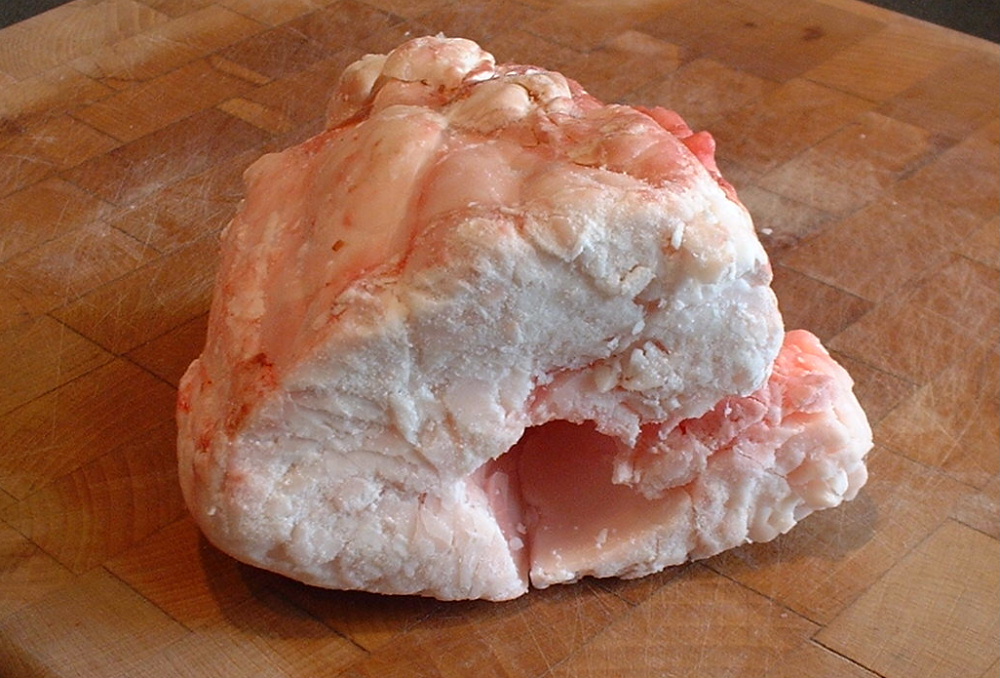
Suet, or rendered beef kidney fat, is a traditional cooking fat that has been mistakenly demonized. It contains cholesterol but is composed primarily of stearic acid, a saturated fat that research indicates has a neutral effect on blood cholesterol levels—it neither raises nor lowers LDL. Suet is also rich in conjugated linoleic acid (CLA) when sourced from grass-fed cattle. Used in baking or for frying, it is a highly stable fat with a high smoke point, offering a flavorful and natural alternative to highly processed vegetable oils.
55. Goat Cheese: The Digestible Dairy Delight

Goat cheese, particularly the soft, fresh varieties, contains cholesterol and saturated fat, yet it stands apart from cow-milk cheeses. Its unique fat structure, featuring a higher concentration of medium-chain triglycerides (MCTs), makes it easier for the body to digest and metabolize, potentially having a lesser impact on blood cholesterol compared to certain bovine dairy fats. Goat cheese is also rich in essential calcium and probiotics, supporting bone density and gut health. Choosing a quality, artisanal goat cheese and enjoying it in a moderate serving size is a flavorful way to incorporate beneficial, digestible fats and nutrients into your diet without excessive worry about its cholesterol content.
56. Roe (Beyond Salmon and Caviar): The Tiny, Omega-3 Rich Spheres

While you listed caviar and salmon roe, the broader category of small-fish roes, such as that from capelin (masago) or herring, deserves a separate entry. These tiny, glistening eggs are a concentrated source of dietary cholesterol but are overwhelmingly rich in omega-3 fatty acids—specifically the highly beneficial EPA and DHA. A small spoonful delivers a potent dose of these healthy fats, which are renowned for their powerful anti-inflammatory effects and ability to lower blood triglycerides. They are also packed with Vitamin D and B12. Their profound heart- and brain-health benefits far outweigh any minor concern over their cholesterol, making them a true, affordable nutritional gem.
57. Mutton: The Richer, More Flavorful Lamb Alternative

Mutton, meat from older sheep, is a cholesterol-containing red meat that is often bypassed for lamb. However, mutton offers a much richer, deeper flavor profile and is a superior source of certain healthy fats. Mutton from pasture-raised animals can contain high levels of conjugated linoleic acid (CLA), a beneficial fatty acid linked to reduced body fat and potential improvements in heart health. While it may contain more total fat than lean lamb, the higher percentage of these heart-healthy fats, along with essential B vitamins and zinc, presents a compelling case for its inclusion in a balanced, intentional diet.
58. Escargots (Snails): The Low-Fat Protein with Unique Nutrients

Escargots, or edible land snails, are a distinctive addition that, while containing cholesterol, are a surprising source of low-fat, high-quality protein. They are remarkably rich in essential minerals, most notably iron, magnesium, and phosphorus. Moreover, they contain unique compounds, including certain mucopolysaccharides, which are being researched for their potential anti-inflammatory and immune-modulating properties. When prepared without excessive amounts of butter, escargots offer a unique, nutrient-dense culinary experience that provides significant protein and mineral benefits without the saturated fat load of many other cholesterol-rich foods.
59. Whole Shrimp Paste (Bagoong or Belacan): A Fermented Mineral Bomb

This unique, intensely savory paste, made from fermented whole small shrimp, is a cornerstone of Southeast Asian cuisine. Though highly concentrated in cholesterol and salt, it is consumed in extremely small, potent quantities, making its overall dietary impact minimal. Its primary value is as a fermented food, which supports a diverse and healthy gut microbiome—a factor increasingly linked to proper cholesterol metabolism. It is also an extraordinary source of calcium and iodine due to the inclusion of the whole shrimp shells and heads, making it a powerful, mineral-rich, probiotic food that transcends its simple high-cholesterol label.
60. Goose Liver Oil: The Unmatched Vitamin K2 Source

Goose liver oil (often associated with Foie Gras but available purified) is an exceptionally high-cholesterol fat, yet it provides one of the highest natural concentrations of Vitamin K2 (MK-4) outside of a supplement. Vitamin K2 is absolutely crucial for heart health because it directs calcium out of arteries and into bones, preventing arterial calcification, which is a major driver of cardiovascular risk. This benefit is vital, and the cholesterol content is irrelevant given the oil's high monounsaturated fat profile (oleic acid). Consuming even small, strategic quantities of oil or pâté from the liver of grass-fed poultry provides a rare, food-based source of this powerful fat-soluble vitamin.
61. Coconut Cream: The Medium-Chain Fatty Acid Exception
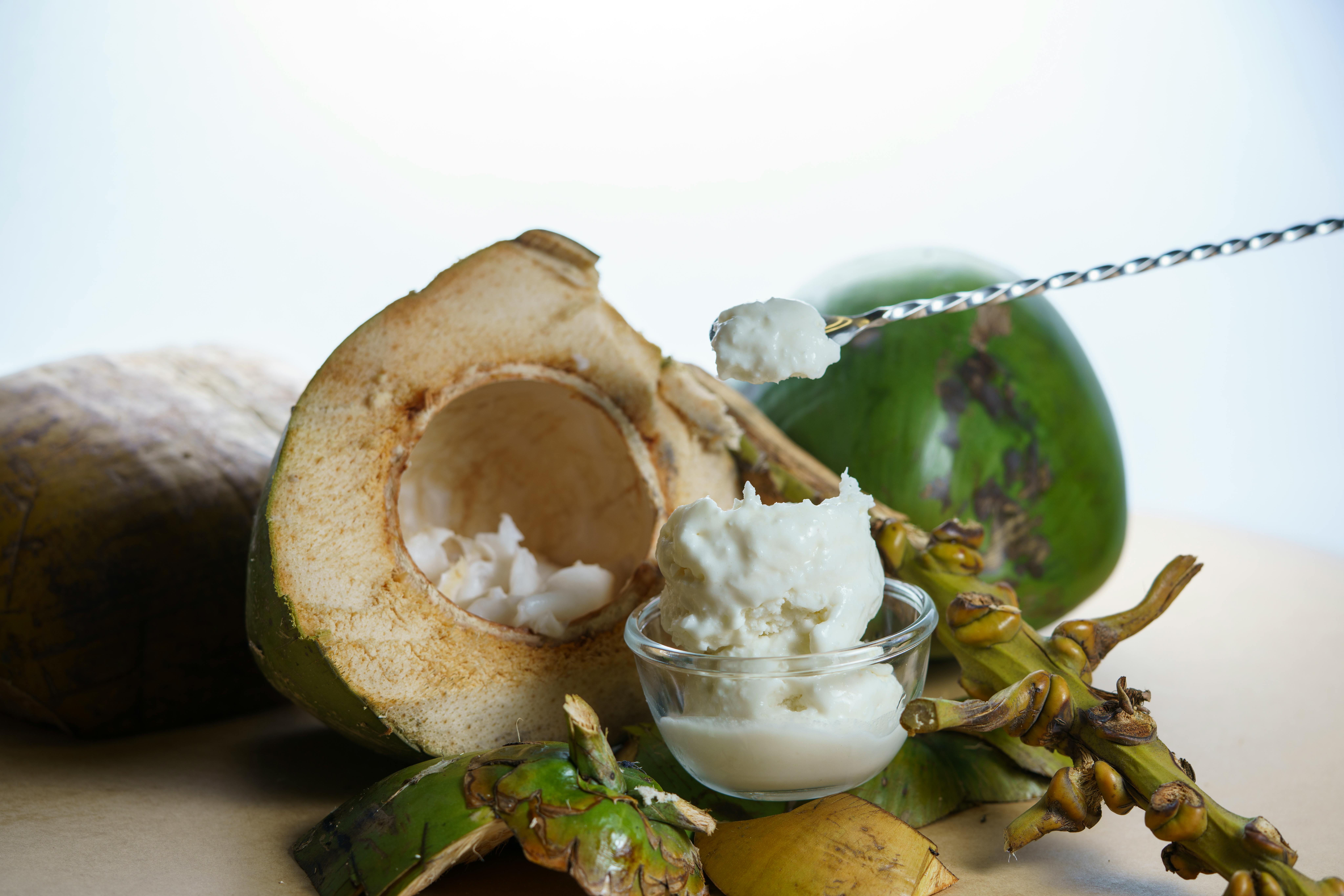
Coconut cream, derived from the meat of mature coconuts, contains a high amount of saturated fat and, consequently, dietary cholesterol. However, its saturated fat profile is fundamentally different from animal fats, making it a powerful exception. The majority of its fat is composed of medium-chain triglycerides (MCTs), particularly lauric acid. Unlike long-chain fatty acids, MCTs are rapidly absorbed and metabolized by the liver, where they are preferentially used for immediate energy rather than being stored as body fat or participating in the cholesterol-making process. These MCTs have been shown to potentially raise HDL ("good") cholesterol while maintaining a neutral effect on LDL ("bad") cholesterol for most people. When used in moderation, especially as a replacement for processed, high-linoleic acid vegetable oils, coconut cream can be a flavorful and beneficial fat source that supports quick energy and offers a superior, more easily managed saturated fat profile.
62. Camel Milk: The Unique Immunoglobulin and Lipid Profile

Camel milk is a traditional dairy source, high in cholesterol, but it possesses a unique composition that differentiates it from cow's milk. Its protein structure includes immunoglobulins that are structurally simpler and easily absorbed, supporting the immune system. Crucially, the fat globules in camel milk are significantly smaller and more highly dispersed than those in other dairy milks. This structural difference makes the fat easier for the body to emulsify and digest, leading to a reduced digestive burden.
63. Chicken Hearts: The CoQ10 Cardio-Protector

Often relegated to the "discard" pile or pet food aisle, chicken hearts are a nutritional powerhouse that ironically supports the very organ they come from. While they contain a significant amount of dietary cholesterol, they are one of the richest natural sources of Coenzyme Q10 (CoQ10), a vital antioxidant used by the body for cell growth and maintenance. Research suggests CoQ10 can actually improve heart health and regulate blood pressure, counterbalancing concerns about the cholesterol content. Furthermore, unlike the strong mineral taste of liver or kidney, chicken hearts taste like rich, dark thigh meat. Grilled or pan-seared, they offer an accessible, sustainable, and delicious way to boost your cardiovascular defense system.
64. Balaena Oil: The Alkylglycerol-Rich Exception

Balaena oil, derived from marine sources like certain shark or whale livers, is a high-cholesterol fat that is nevertheless prized for its potent immune and heart benefits, particularly in traditional Nordic and Asian diets. Its value lies not in the cholesterol itself, but in its high concentration of alkylglycerols (AKGs). These unique lipid molecules are naturally found in human breast milk and bone marrow, where they are critical for immune system support and the production of white blood cells. Studies suggest AKGs may possess strong antioxidant and anti-inflammatory properties, potentially mitigating the oxidation of LDL cholesterol—a key step in plaque formation. By providing these highly bioactive molecules, Balaena oil’s overall nutritional action is skewed toward cardiovascular protection and immune resilience, making it a compelling case where the nutrient profile overrides the simple presence of cholesterol.
Embracing a Balanced Perspective

As we navigate the complexities of nutrition, it's essential to challenge outdated perceptions and embrace a balanced perspective. The foods explored in this article demonstrate that high-cholesterol foods can offer significant nutritional benefits and may not pose the health risks once believed. By focusing on the overall quality of our diets, rather than singling out specific nutrients, we can make informed choices that support long-term health and well-being. This nuanced understanding encourages us to enjoy a diverse array of foods, celebrating their flavors and nutritional contributions while maintaining a heart-healthy lifestyle.